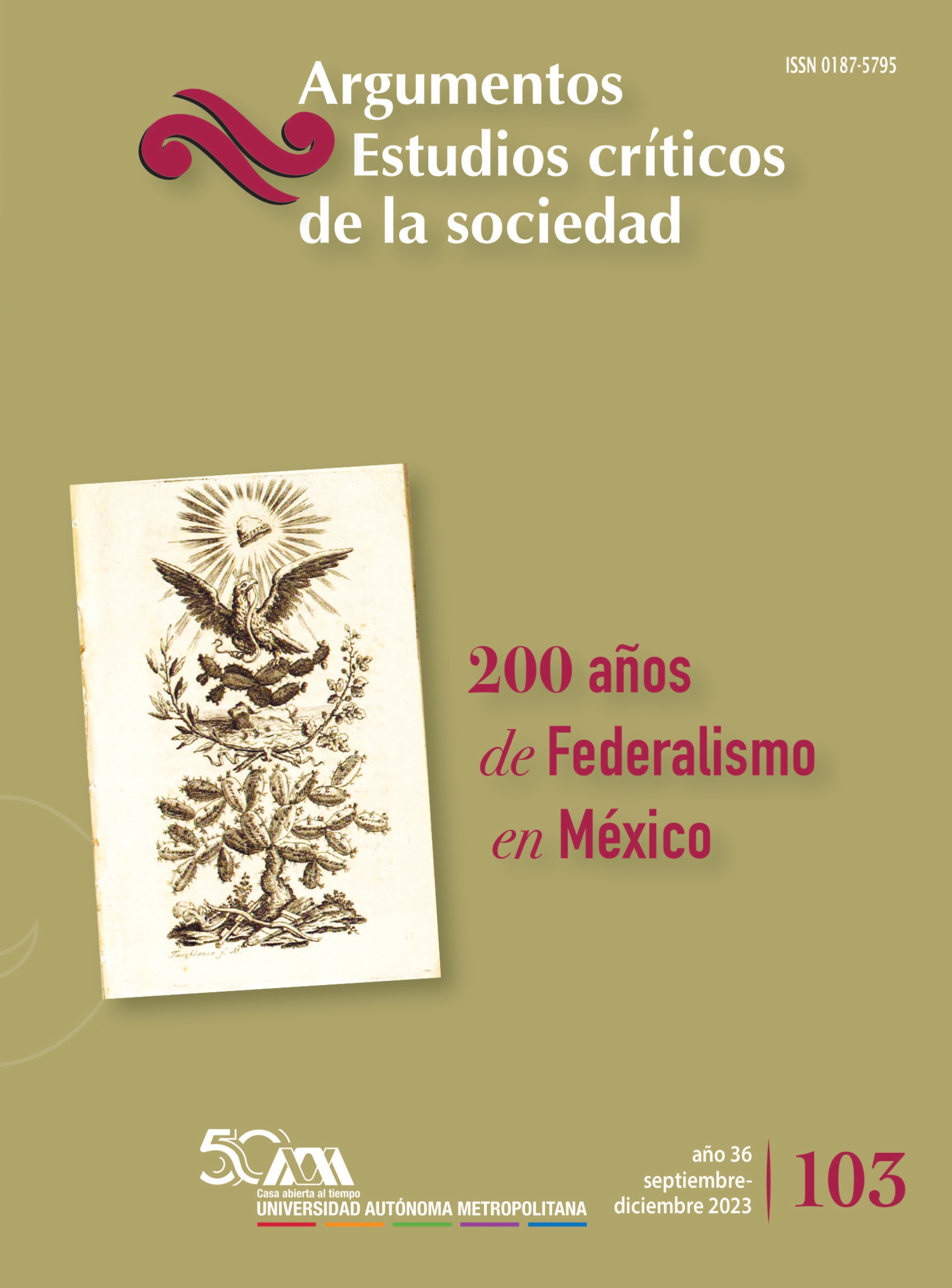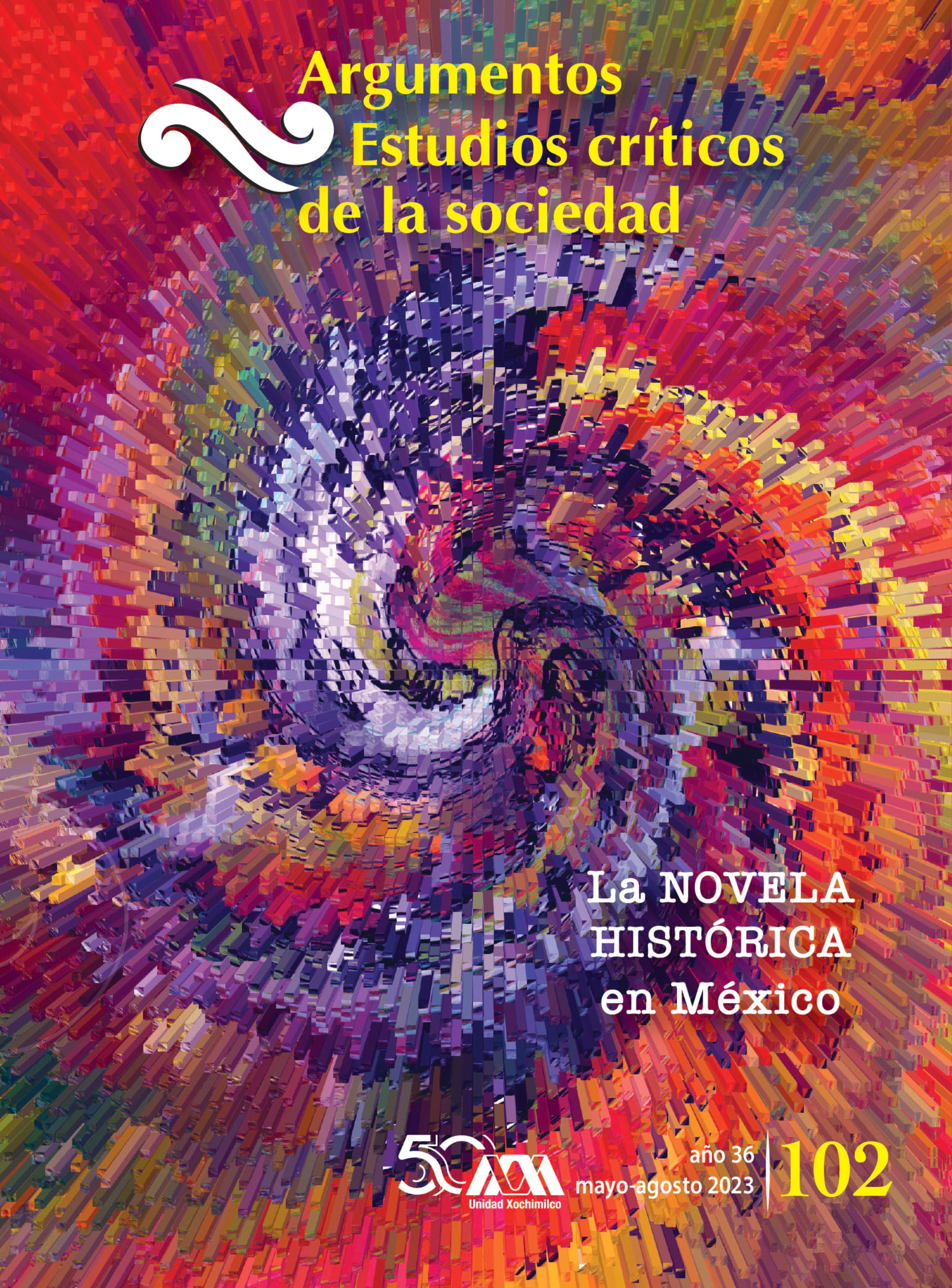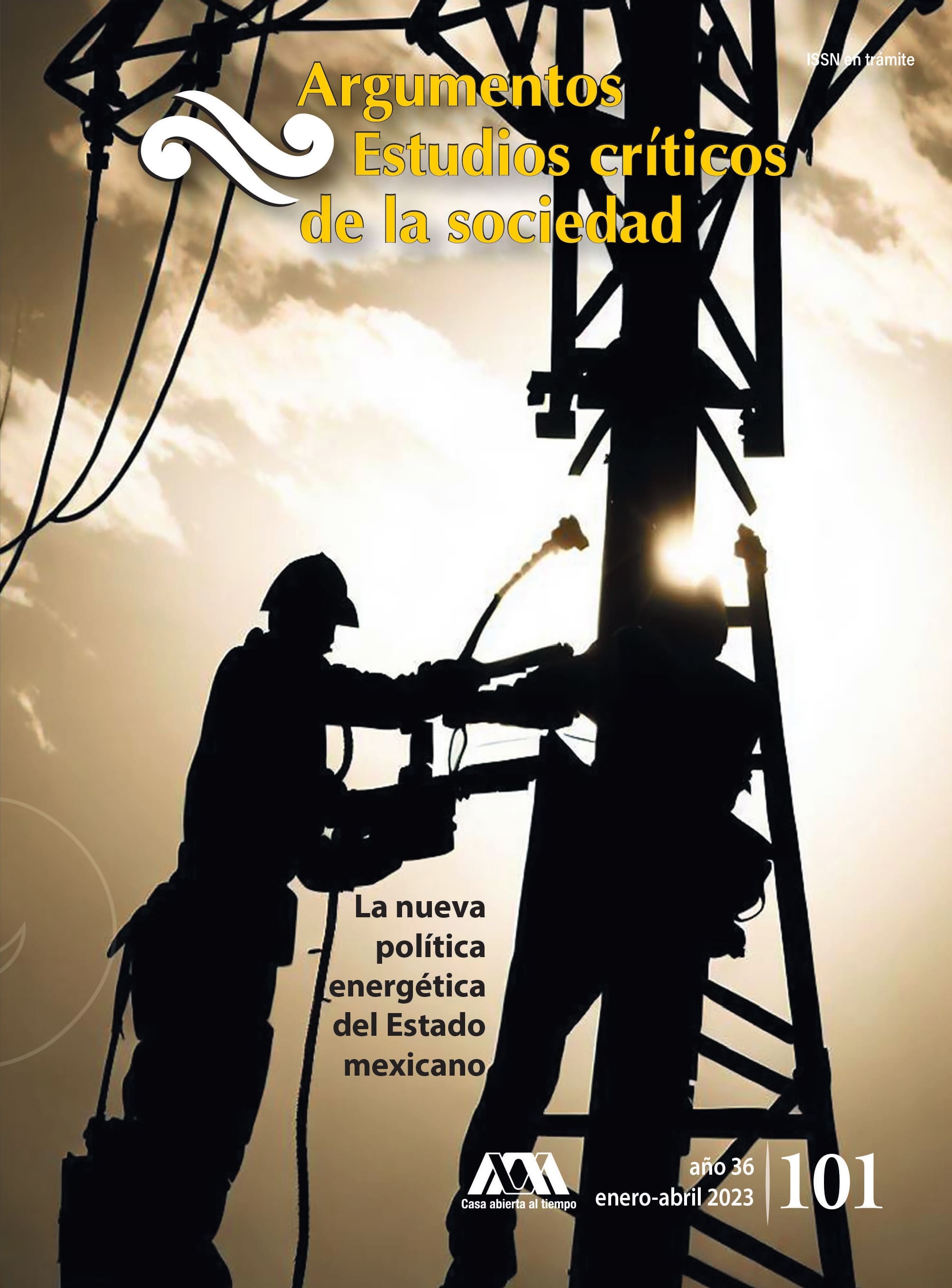El contexto histórico de las doctrinas en la política exterior mexicana
Abstract
With the alternation of federal government in Mexico, resulting from the electoral process of 2 July 2000, the enigmatic promise of change, little visible by the way, in the economic sphere has found a convenient space of radical mutations of the definition and practice of the new government's foreign policy. In such a space, the most tangible effort, also promised during Vicente Fox's presidential campaign, aims to strip such policy of the extensive body of doctrines that was its mold and agenda throughout the post-revolutionary history. Among the arguments advanced to support the abandonment of those doctrines, there is precisely an attempt to highlight the service that, as an ideological appendix, they provided to the old authoritarian regime. On the other hand, in an effort frankly to caricature the Estrada Doctrine, some argue that it consisted only of a completely unimportant official letter sent to the press and to the country's diplomats abroad. Finally, some other say that the doctrine of non-intervention and auto-determination of nations can be put to serve the new authoritarian regimes, little respectful of the human rights of their own people, and that it constitutes an isolationist attempt of nations that take absolutely no pity on the conditions of the present globalized world. This work tries to follow the trajectory of the profound historic reasons that brought about this extensive body of doctrines, and of its dimension in the international organizations in which the country has participated.








